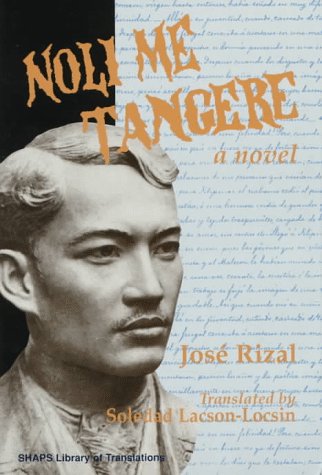
The result is the most authoritative and faithful English translation to date, one which attempts to preserve in English the cadence and color of the original. Translator Soledad Lacson-Locsin is the first to have worked from facsimile editions of the original manuscripts. Through them the colonial milieu is expanded - its officialdom, education, legal system, power plays, social patterns - and seen anew as context for conflict and insight. His death was the reason for his son to come back to the Philippines. Important Characters in the Novel Rafael Ibarra. Characters from the ""Noli"" (Basilio, Dona Victorina, Padre Salvi) return while new ones are introduced: Simoun, the transformed Ibarra Cabesang Tales and his struggle for justice the nationalist student Isagani the Indio priest Padre Florentino. It has a sequel titled El Filibusterismo, alternatively known as The Reign of the Greed and The Subversive or The Subversion. For many years, copies of the ""Fili"" were smuggled into the Philippines after it was condemned as subversive by the Spanish authorities. A nationalist novel by an author who has been called ""the first Filipino,"" its nature as a social document of the late-nineteenth-century Philippines is often emphasized. It was published in Ghent in 1891 and later translated into English, German, French, Japanese, Tagalog, Ilonggo, and other languages. Like its predecessor, the better-known ""Noli Me Tangere"", the ""Fili"" was written in Castilian while Rizal was traveling and studying in Europe.

El Filibusterismo (""The Subversive"") is the second novel by Jose Rizal (1861-1896), national hero of the Philippines.


 0 kommentar(er)
0 kommentar(er)
